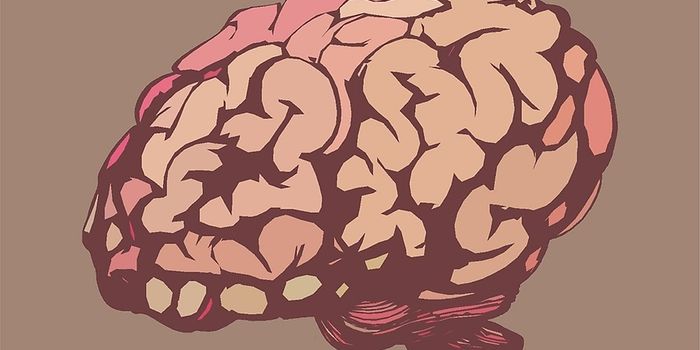Antidepressants During Pregnancy May Alter Fetal Brain Development
Antidepressant use and infections during pregnancy may increase the risk of neurodevelopmental disorders such as autism in children. The corresponding study was published in Brain, Behavior, and Immunity.
Selective serotonin reuptake inhibitors (SSRIs) are prescribed to 80% of pregnant women who need medication for depression. While they are widely considered safe among pregnant women, some research suggests that SSRI use during pregnancy may increase the risk of premature delivery, neonatal cardiovascular abnormalities, and offspring metabolic and neurologic disorders.
Some note that prenatal disruption to maternal serotonin levels may alter offspring neurodevelopment via the placenta- which provides nutrients from the mother to the growing baby, and is the sole source of serotonin for embryos in early pregnancy. Previous research also shows that infections, autoimmune disorders, and other conditions that alter a mother’s immunity during pregnancy may adversely affect offspring neurodevelopment.
To understand more about how SSRI's and inflammation affect prenatal neurodevelopment, researchers observed the effects of inflammation-inducing viral infections and SRI exposure in pregnant mice.
They found that virus-induced inflammation led to altered sex-specific behaviors similar to those in people with autism, such as diminished communication and less interest in social interaction.
They also noted that SSRI treatment alone during pregnancy interacted with the mother’s immune system to produce a strong inflammatory reaction at the maternal-fetal interface (MFI)- the physical connection between mother and offspring during pregnancy.
“We identified inflammatory signatures in the placenta that correlated with neurologic changes in the adult offspring of mothers that encountered an immune challenge during pregnancy,” said Kristine Zengeler, Doctoral Student at the University of Virginia and the first author of the study.
“These signatures could be used to help identify biomarkers and druggable targets to help mitigate neurodevelopmental consequences of prenatal environmental stressors, like an immune response.”
The researchers further found that inflammation alone and in combination with SSRI’s altered serotonin levels in the placenta in opposite ways. They noted that this means drugs designed to reduce inflammation may have unanticipated consequences on the unborn baby if combined with SSRIs.
The researchers note that their findings do not mean pregnant women should stop taking SSRI’s. Rather, they say that their findings demonstrate a need for additional studies to understand how SSRIs and inflammation interact.
Sources: Neuroscience News, Brain, Behavior, and Immunity









